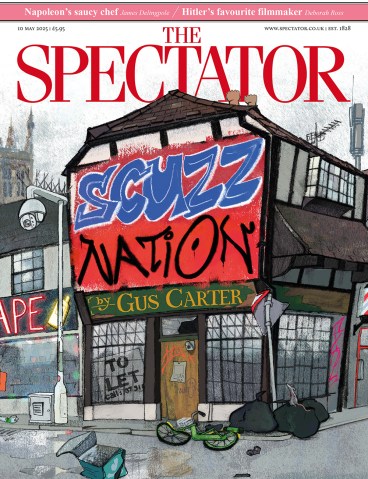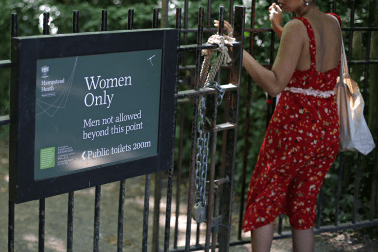
Do you remember the great Adolescence debate? It may feel like an age ago, but way back in March Netflix released a drama about a 13-year-old caucasian boy who stabs a female classmate to death. For a time it was one of the most watched shows on Netflix.
British politicians and opinion writers spent weeks chewing over this entirely fictional programme. What could we learn about the epidemic of white 13-year-old boys from decent two-parent families killing their female schoolmates? Should everyone watch it? Should anyone who hasn’t watched it be hounded from public life? Soon Keir Starmer was convening a roundtable meeting in Downing Street about it: ‘As a father, watching this show with my teenage son and daughter, I can tell you it hit home hard,’ he told the meeting, which included Adolescence’s producer and writer.
By April the Prime Minister had announced that Netflix would make the drama free to view for secondary schools so that pupils could better understand ‘the impact of misogyny, dangers of online radicalisation and the importance of healthy relationships’. At this stage the political and media class were in full stampede. The Guardian ran a piece entitled: ‘Keir Starmer praised Adolescence. Now he needs to show he’s learned from it.’
Not watching Adolescence was, for a time, almost a disqualifying act. In an interview on BBC Breakfast , Conservative leader Kemi Badenoch admitted that she ‘probably won’t’ be watching ‘a film on Netflix’ because she was touring the country ahead of the local elections. Host Naga Munchetty was appalled. ‘Everyone is talking about it,’ Munchetty stressed, making another good argument for why no one should turn on the television in the morning.









Comments
Join the debate, free for a month
Be part of the conversation with other Spectator readers by getting your first month free.
UNLOCK ACCESS Try a month freeAlready a subscriber? Log in